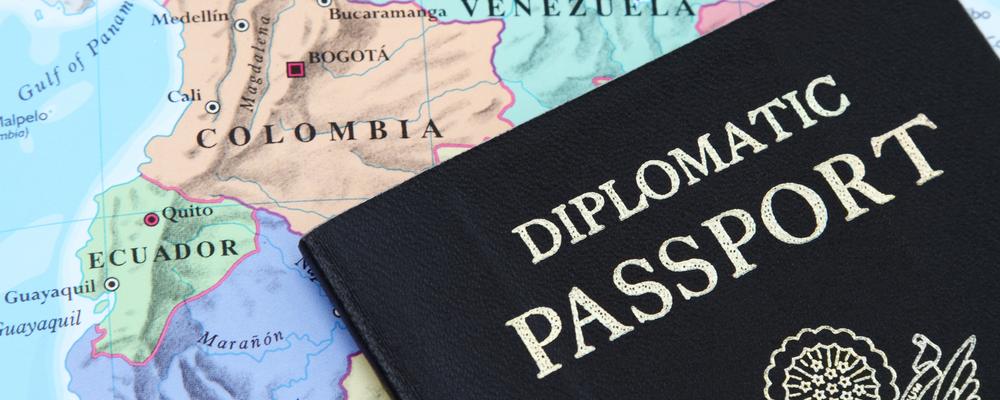Call for papers
Diplomacy as an institution seems to be in constant motion, and yet in some respects, it is simultaneously an institution that is slow to change. With decolonization, a range of new states from across the world established independent Ministries for Foreign Affairs and began sending their diplomats to foreign capitals and international organizations, developments which in some respect fundamentally changed the social make-up of these diplomatic corps. Yet the maleness and elite character of diplomacy largely remained. Only over the last few decades has the diplomatic profession really opened up to these social groups, thus no longer being the reserve of elite men. While the number of women in diplomacy is growing rapidly, diplomacy lags behind other state institutions in terms of the share of women, however. Diplomacy furthermore remains masculinized in a range of ways, including the heteronormative core of bilateral representation. And yet diplomacy is complex, consisting of a heterogeneous set of practices and sites across the globe, and how and to what extent diplomatic norms and practices are masculinized and/or feminized varies across time and space.
This workshop focuses on gender in diplomatic relations among states, primarily centering on the work of career diplomats but also including other agents performing diplomatic functions on behalf of the state.
We imagine papers that ask a range of different questions about continuity and change across the globe in how gender operates in diplomacy, covering anything from short time frames to the long durée. What gender dimensions of diplomacy have stayed the same over time, as reified practices, and how? How does gender intersect with other differentiating dynamics (e.g. class, race, religion or sexuality) in diplomatic norms, relations and practices? In addition to the huge impact of the recent “practice turn” on diplomatic studies, what are other theoretically innovative strategies to analyze gender in diplomacy? What might queer theory bring to the study of gender in diplomacy? What might the centering of non-Western agency imply for the study of gender in diplomacy?
We welcome papers from scholars interested in exploring these transformations, from any discipline. The inclusion of non-Western loci are particularly welcome. Theoretically, methodologically and/or empirically innovative contributions to the study of gender and diplomacy are all encouraged.
This is a workshop for papers-in-progress. We expect participants to present fully developed drafts of papers in need of discussion and feedback. The workshop will consist of a series of panels with paper presentations and discussants. Most participants will serve formally as discussants, but everyone is expected to have read and to be able to engage with all the papers. We will encourage participants to make use of the workshop to develop publication strategies for the papers, either joint strategies (as special issues or edited volumes) or individual ones. A paper abstract (max 150 words), name, title, etc will be requested of those interested in attending. Link to submission system below.
Funding
Some significant funding will be available to cover the travel and lodging of all participants accepted to the workshop. Whether we can cover all travel and lodging expenses will depend – it will depend on e.g. the number of participants from very distant locations and on the number of participants who are able to cover their own expenses. Please apply even if you have funding concerns. We will ask you to indicate whether you are able to cover your own expenses or whether your participation depends on GenDip funding. Notification of funding will be provided along with the notifications of acceptance.
Important Dates
- Deadline for abstracts: April 1, 2020
- Notification of acceptance and funding: April 20, 2020
- Registration: April 30, 2020
- Deadline for paper submissions: Sept 24, 2020
Link to submission system:
https://samgu.eu.qualtrics.com/jfe/form/SV_8cu5mX9Uek7Rbc9
